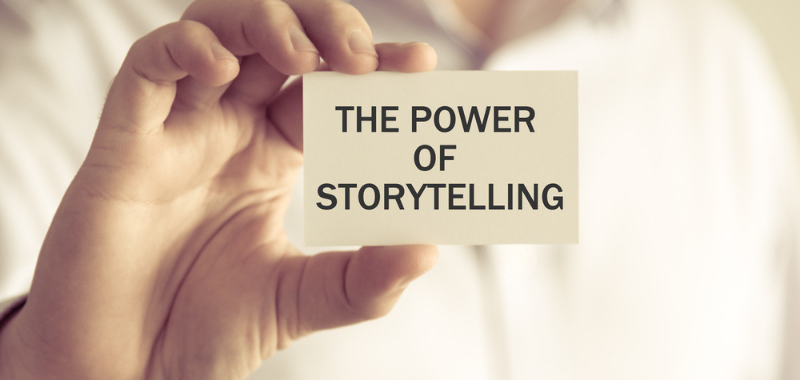I love getting to know how people got into their line of work. I love finding out why they do what they do, what makes them tick.
So, imagine if you and I were getting to know each other over a coffee one day and you asked me how I got into journalism. And my response was: “oh, ya know, it was just something I enjoyed at school so I thought that would be a good career”.
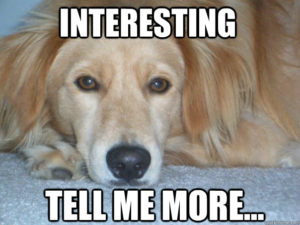
Lame, huh! That answer gives you no indication of who I am as a person or what drives me. Not to mention it’s a conversation stopper!
But what if I told you this instead?
Well, as a 16-year-old Fairfield College student I had two passions: writing and then-All Black Christian Cullen. I loved writing for the school newspaper and had been tasked with writing stories for the next edition so when the All Blacks came to town in June 1997 to play Argentina I decided it might just be my opportunity to combine my two loves.
I heard the team was having a practice session at nearby St Paul’s Collegiate one afternoon so I wagged school to go. It was there that I spotted their media liaison officer Jane Dent and asked her if it was possible to attend their next press conference as a student reporter and perhaps interview a couple of the guys. She agreed and organised for me to attend.
Terrified but excited, I went along with my notepad and a camera. I sat through the press conference, taking notes and afterwards waited to interview a couple of the players. Including Christian Cullen. Heart pounding, I asked my teenage crush my pre-prepared list of questions. At one point Christian stopped and asked Jane if he had to answer a particularly curly question about whether he felt women’s rugby should get more funding and more media coverage in New Zealand. It was at a time when Farah Palmer was captaining the Black Ferns (and she happened to be teaching at Fairfield College that year). Clearly, I had no issue with asking hard questions back then either.
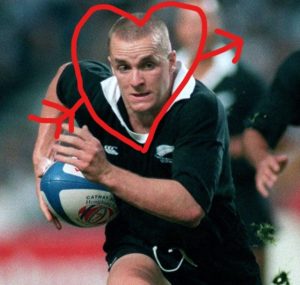
I took a few photos of Christian – and Jane Dent took one of the two of us (swoon!) – before I headed back to school to file my story. And regale my best friend Katie with tales of my close encounter with an All Black.
So while I knew I wanted a career in media to satisfy my love of writing, I wasn’t going into it with a plan in mind to shack up with an All Black. Asking Christian Cullen if he felt that women’s rugby should get more funding and media coverage was an inkling that the reason I do what I do is because I have an incredibly strong sense of justice. I want to see wrongs righted. I want to help make things better for people (and organisations) who’ve been hurt, disrespected, torn down.
At age 18 I met Clinton, the man who would later become my husband. Early on he asked me what I wanted to do with my journalism degree that I was studying towards. I told him I wanted to be the female version of Paul Holmes. It wasn’t that I had designs on a well-paying TV or radio career (though the salary would have been nice). No, it was that I admired how Holmes held people and organisations to account for wrongdoings. He was tenacious and bold. He was relentless and intelligent and he gave a shit about people and what was just.
I went into print journalism and realised that was where my talent lay. Putting words onto paper, onto a screen. Sculpting them and crafting them into something readable, beautiful, meaningful.
That gives you so much more insight into who I am and why I love writing. Why I loved my career in journalism. And it gives you so many threads that you can pick up on, comment on, prompt further conversation.
So if we can have personal conversations like that, why don’t we tell our stories of how and why we got started in business? Maybe we don’t know how. Or maybe we don’t have time. Or perhaps we’re just too damn humble. Or perhaps we’re afraid that if we dare to share our story we’ll get cut down.
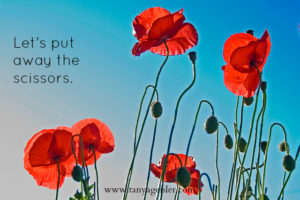
So many businesses simply don’t tell their stories. And if they do tell them, they don’t tell them well. But the benefits of telling your story well – to the right people – can be enormously beneficial. You cement loyalty from your existing customers (you hold onto revenue and stop it from wandering off to your competitors), you attract new ones when your story resonates with them (you grow your revenue!).
Storytelling is an incredibly powerful business tool because it provides a platform to create shared connections…. those emotional connections with other humans. Connections that we all crave.
So, are you telling your story? What IS your story? How did you get into business or the career you’re in? Do you tell people? Do you share that openly and honestly?
Cos if you aren’t, you need to be.
